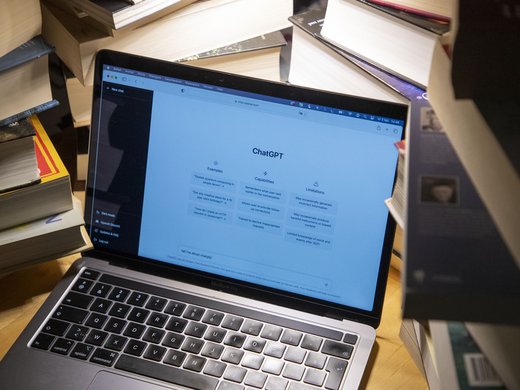Canada is lagging behind in research and development (R&D) commercialization, ranking fifteenth in the World Economic Forum’s 2015 Global Competitiveness Report. One of the most important contributing factors to the gap between R&D and competitiveness is that new entrepreneurs lack the monetary and informational resources to access intellectual property (IP) legal expertise. The authors of this brief argue that the Canadian government’s strategies have been ineffective, and its current policy initiatives have failed to consider the importance of disseminating IP legal knowledge directly to innovators.
It is recommended that the government look to the models used by the United States and South Korea to mobilize IP legal knowledge within the entrepreneurial community. This can be achieved by establishing a national IP legal clinic at the university level — as well as increasing funding for existing programs and creating a virtual clinic — and including an IP rights application course in select university programs, targeting innovators who will require IP legal advice in the future.


